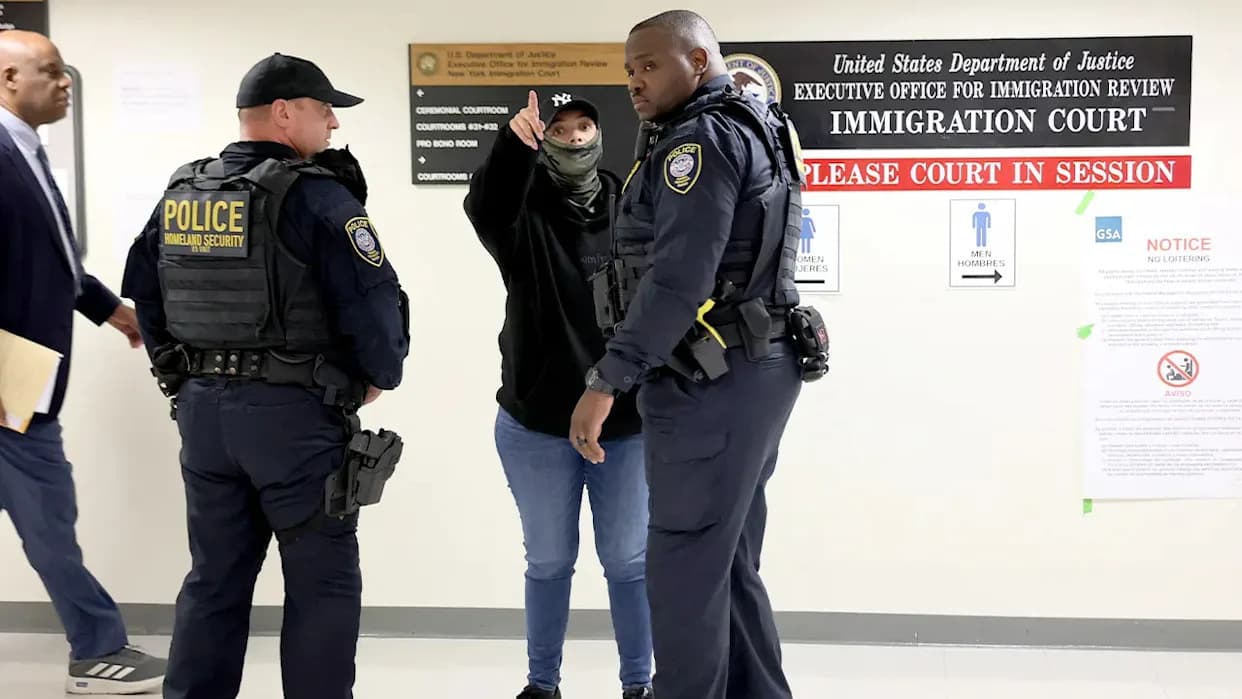A federal judge ordered USCIS to reconsider deferred-action protections for certain young immigrants with Special Immigrant Juvenile Status, restoring the program while a lawsuit advances. The decision covers youths who were abused, neglected, or abandoned by a parent and could lose eligibility for work permits and future visas after the program was rescinded in June. USCIS must now accept and decide deferred-action and work-permit requests for both prior designees and new applicants. The court has not yet ruled on class certification; the case will proceed.
Judge Orders USCIS to Reinstate Deportation Protections for Vulnerable Immigrant Youth

A federal judge has directed U.S. Citizenship and Immigration Services (USCIS) to again consider deferred-action protections for certain vulnerable young immigrants, keeping the program effectively in place while litigation continues.
U.S. District Judge Eric Komitee ordered USCIS to reevaluate requests for deportation protection under a program created in 2022 and rescinded in June. His ruling applies both to youths who previously received the protection and to new applicants while a lawsuit filed in July proceeds.
Who is affected
The order affects young people granted Special Immigrant Juvenile Status (SIJS) by state courts — children and adolescents who have been abused, neglected or abandoned by a parent. SIJS, established by Congress in 1990 with bipartisan support, does not automatically confer lawful permanent resident status but permits qualifying youths to apply for an immigrant visa that can eventually lead to permanent residency and work authorization. Because visas are subject to annual caps, applicants often wait years for a visa to become available.
Why the decision matters
Under the Biden administration, USCIS had been able to grant deferred action from deportation to SIJS designees who were awaiting visa availability, which in turn made them eligible for employment authorization. The program’s rescission left many without work-permit eligibility and exposed them to potential removal from the United States — jeopardizing their ability to remain and complete the immigration process.
“The crux of the court’s decision is that the government can’t just pull the rug out from under hundreds of thousands of young people like it did without considering how they built their entire lives around the policy that existed,” said Stephanie Ellie Norton, an attorney for the plaintiffs with the National Immigration Project.
USCIS and the Department of Homeland Security did not immediately respond to requests for comment.
Next steps
Under the judge’s order, USCIS must accept and consider deferred-action requests from both prior designees and new applicants and decide on related employment authorization applications submitted by those with existing or newly requested deferred-action status. Judge Komitee has not yet decided whether the case will proceed as a certified class action; litigation will continue.
Help us improve.




























